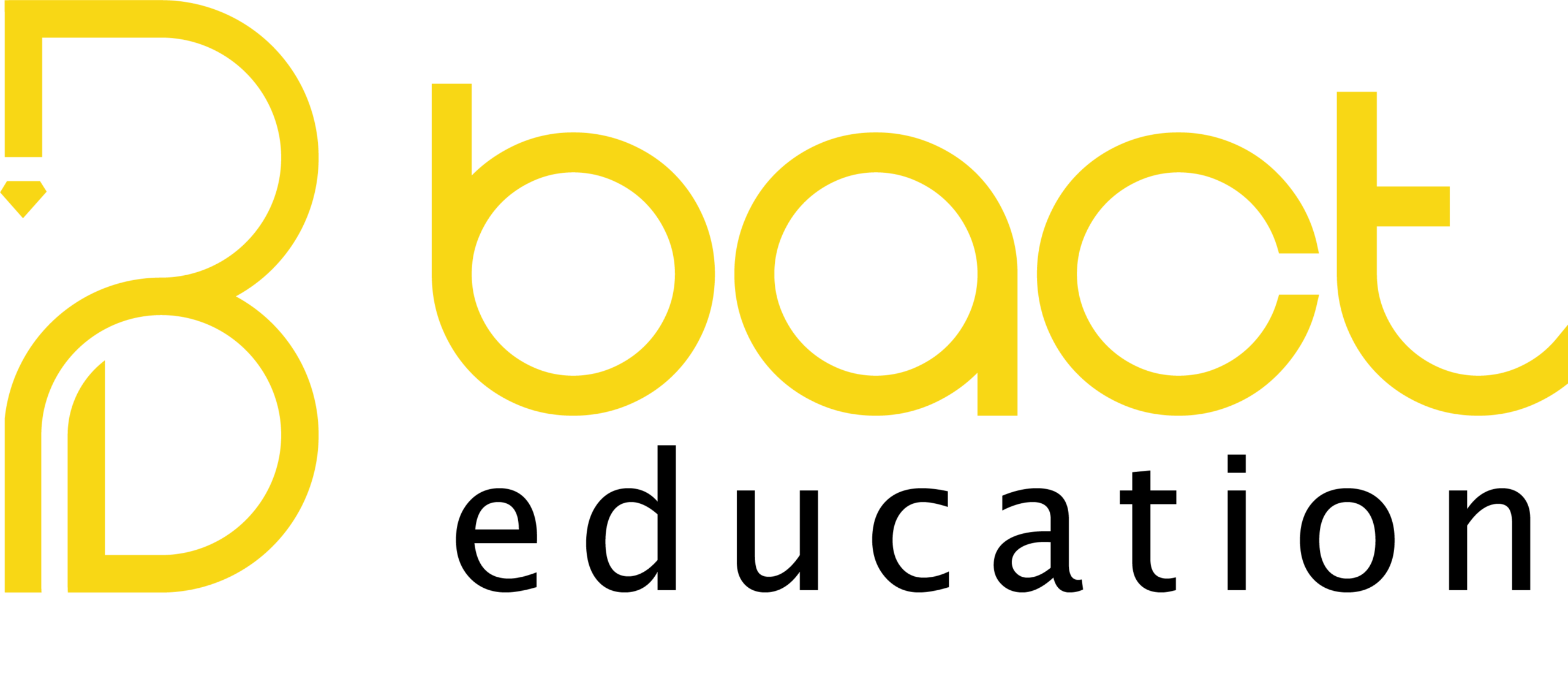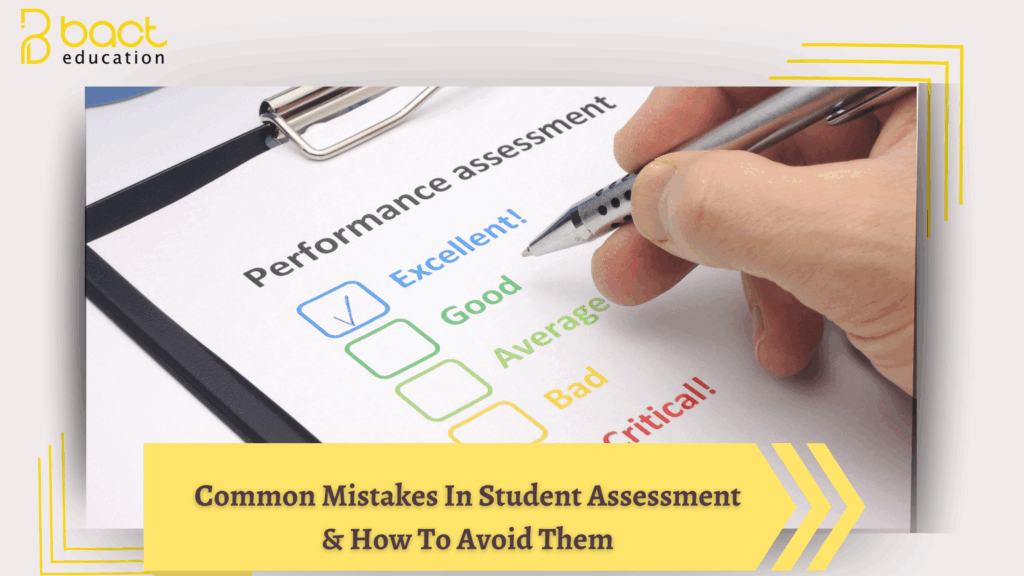Assessment is a powerful tool for measuring student progress, but even experienced teachers can fall into common pitfalls that affect fairness and accuracy. Here are key mistakes to avoid—and how to improve your evaluation strategies.
—
## **1. Over-Reliance on Exams**
**Mistake**: Using only written tests to assess learning, ignoring other skills (e.g., creativity, collaboration).
**Solution**:
– Mix assessment types: projects, presentations, portfolios, and peer reviews.
– Use formative assessments (e.g., quizzes, exit tickets) for ongoing feedback.
## **2. Bias in Grading**
**Mistake**: Letting unconscious bias affect grades (e.g., favoring participative students or judging based on past performance).
**Solution**:
– Grade anonymously when possible (hide names on written work).
– Use rubrics with clear criteria to standardize evaluations.
## **3. Ignoring Learning Styles**
**Mistake**: Assessing all students the same way, disadvantaging visual, auditory, or kinesthetic learners.
**Solution**:
– Offer alternative formats (e.g., oral exams, diagrams, hands-on tasks).
– Let students choose how to demonstrate understanding (e.g., video vs. essay).
## **4. Focusing Only on Grades**
**Mistake**: Treating assessments as mere scoring tools, not opportunities for growth.
**Solution**:
– Give actionable feedback (e.g., *“Add examples to strengthen your argument”* instead of *“Weak essay”*).
– Encourage self-assessment and reflection (e.g., *“What’s one thing you’d improve?”*).
## **5. Infrequent Feedback**
**Mistake**: Delaying feedback until the end of a unit, missing chances to correct misunderstandings.
**Solution**:
– Provide quick, regular feedback (e.g., verbal comments, mini-conferences).
– Use technology (e.g., audio notes, Google Docs comments) for faster responses.
## **6. Overlooking Soft Skills**
**Mistake**: Grading only academic performance, ignoring teamwork, critical thinking, or resilience.
**Solution**:
– Assess soft skills via group projects, journals, or peer evaluations.
– Include them in rubrics (e.g., *“Collaborates effectively”*).
## **7. Stress-Inducing Assessments**
**Mistake**: Creating high-pressure tests that trigger anxiety, skewing results.
**Solution**:
– Offer low-stakes quizzes or untimed assignments.
– Teach stress-management techniques (e.g., deep breathing before tests).
—
### **Key Takeaway**
Effective assessment isn’t just about measuring—it’s about *improving* learning. By avoiding these mistakes, you’ll ensure fairer, more meaningful evaluations that help students thrive.
**What’s your biggest assessment challenge? Share below!**
—
### **Why Teachers Will Love This:**
– **Practical fixes**: Each mistake includes a doable solution.
– **Student-centered**: Focuses on reducing stress and bias.
– **Engagement**: Ends with a question to spark discussion.

